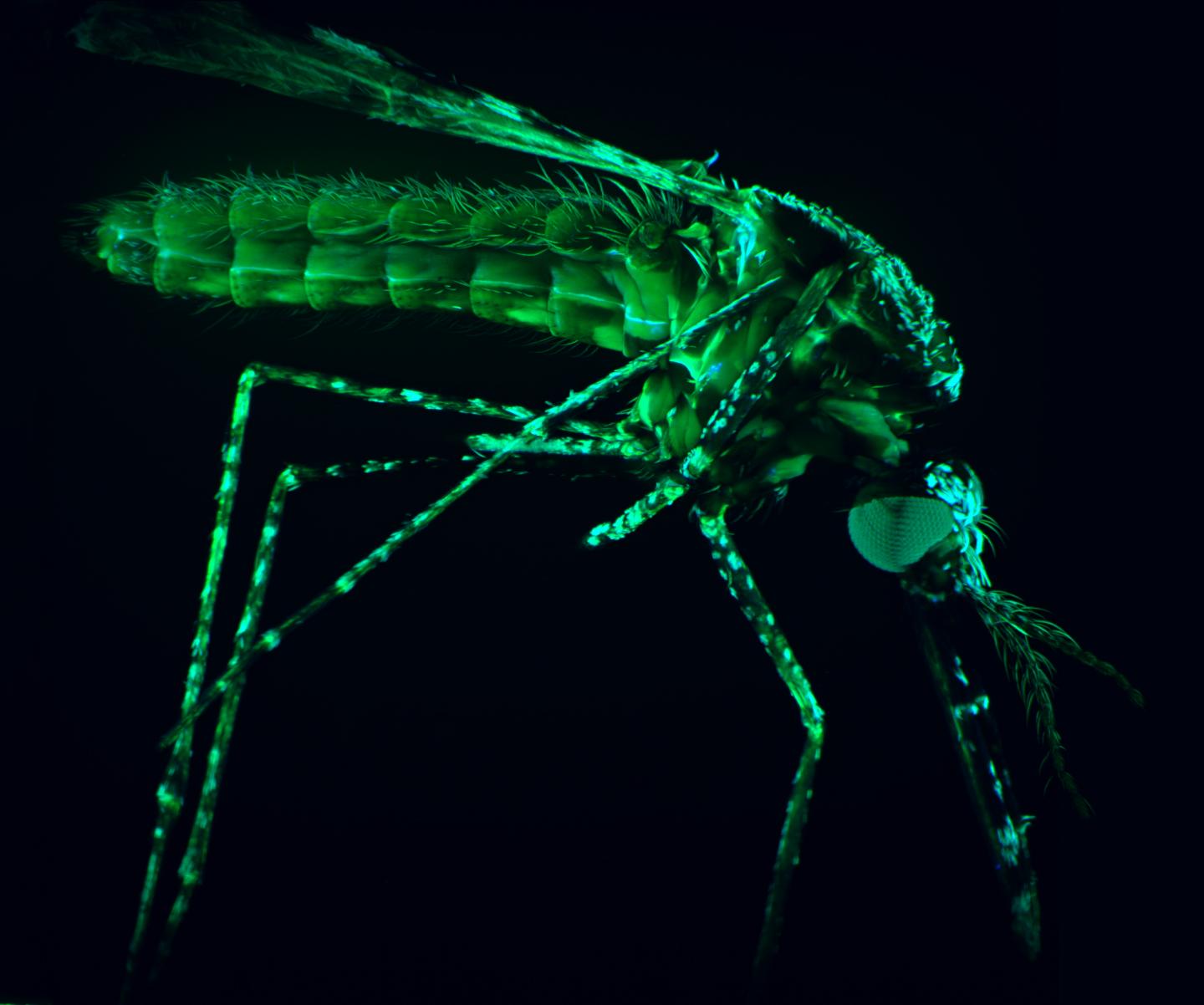December 17, 2019 -- Australian researchers from the University of Melborne have confirmed their findings of a new drug target that blocks the transmission of Plasmodium falciparum in mosquitos. The results were published in Cell Reports on December 17.

Malaria is a life-threatening, although preventable, disease with an estimated 219 million cases in 87 countries in 2017, causing over 400,000 deaths. Researchers are searching for new forms of treatment that target the gametocyte parasite stage of infection, which is the only stage that can be transmitted to mosquitos. Previous research shows that the aspartyl protease plasmepsin V (PMV) primes Plasmodium export elements for export and is therefore essential in asexual parasites.
The researchers used small molecule inhibitors that blocked PMV. They were able to observe how gametocytes transmit malaria from human blood to mosquitos. Using fluorescent antibodies, they demonstrated that PMV was expressed in each stage of gametocytogenesis. They determined the role of PMV by studying two PEXEL proteins (GEXP05 and GERXP10). When inhibitors (WEHI-842) was applied, the levels of PEXEL protein export was reduced suggesting that PMV is required for the export of PEXEL proteins.
"It was exciting to find that plasmepsin V plays a role in malaria transmission, and that our inhibitors could target plasmepsin V and block transmission to the mosquito from occurring," said Justin Boddey from the Walter and Eliza Hall Institute and University of Melbourne. "We showed that an optimal concentration of the inhibitors could kill gametocytes, and that even with a lower dose, the gametocytes made it all the way through their two-week development phase but still couldn't complete the task of transmitting infection to mosquitoes. This shows plasmepsin V is a target for transmission-blocking drugs," he said.
These results build upon previous research that shows plasmepsin V was an effective drug target for killing the malaria parasite in the asexual blood stage of its lifecycle, when malaria symptoms - such as fever, chills, muscle pain and nausea - occur.
"It's encouraging to observe inhibitors that target plasmepsin V are effective against both the asexual blood and sexual transmission stages of the parasite's lifecycle," said Brad Sleebs, Walter and Eliza Hall Institute chemical biologist. "Our research demonstrates that an antimalarial treatment targeting plasmepsin V has potential, not only in treatment of the disease but also as a preventative population control measure," Sleebs said.
Boddey explains that "it's been a rewarding journey from identifying the function of plasmepsin V, to developing inhibitors that block it and kill the malaria parasite, to now validating this enzyme's dual function as an effective blood stage and transmission-blocking drug target."
Next, the researchers will investigate the effect of PMV in the final liver stage of the disease. The goal of this body of research is to assess plasmepsin V as a multi-stage drug target for treating, as well as preventing, the spread of malaria; and to understand the unique biology occurring during liver infection. "We are also collaborating with Merck and the Wellcome Trust to develop drugs targeting plasmepsin V in multiple parasite species," Boddey adds.
Do you have a unique perspective on your research related to infectious disease or drug discovery? Contact the editor today to learn more.
Copyright © 2019 scienceboard.net






